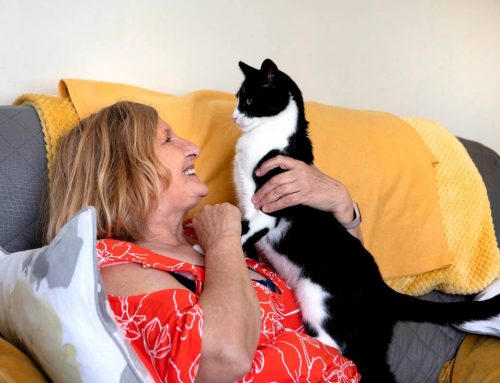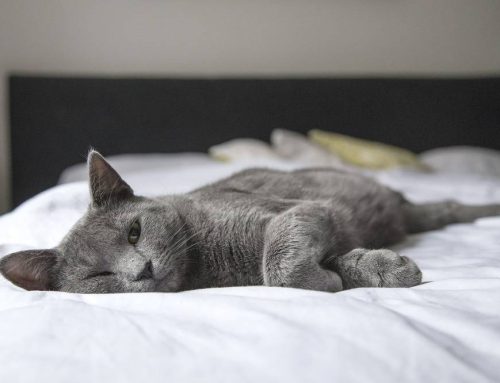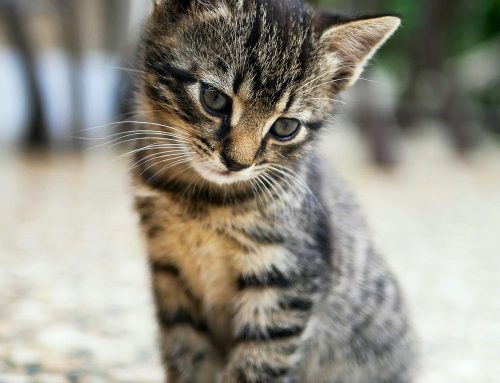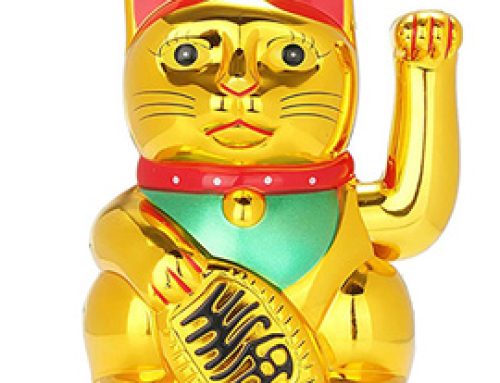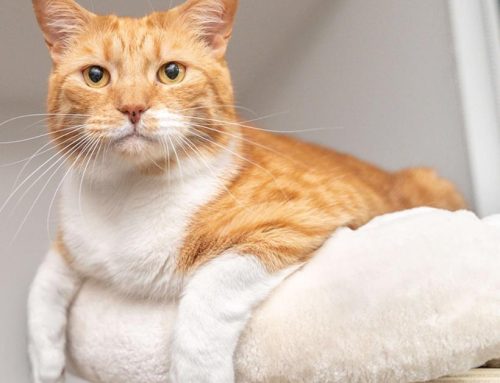 Do cats damage babies
Do cats damage babies
To dispel one myth – cats do not suffocate babies (no baby has ever been found with cat hair in its windpipe) and they certainly don’t suck out the oxygen from a baby’s breath. They will sleep close to babies especially if the crib is high up and warm. But they won’t smother the baby.
Sometimes, cats will scratch babies and small children who don’t respect the messages the cats will give before striking out (often with retracted claws but sometimes not). Persistent toddlers will also get scratched – if your toddler keeps cornering your cat, you might consider having Soft Paws (see following story) applied to prevent any damage while your toddler grows old enough to understand Cats Rules. Scratches can transfer Cat Scratch Disease (now known as Bartonella henselae ) which causes mild symptoms of glands swelling in the armpits, but this does not usually require antibiotics.
There are however, reports of cats – unexpectedly and unprovoked – attacking babies (either scratching or biting). From reading a couple of reports, some were attacks by the family cat, some were attacks while visiting elsewhere. The cats involved seemed to be under social stress already, and mostly reacted to the high-pitched distress-cry / yowl of the baby. In one report though, the baby was sleeping in a basinet while visiting the cat’s owner. The head and face were attacked. It is worth noting that none of the reports indicated an unfavourable outcome. So, what to do? ALL cat bites should be taken seriously as upwards of 90% result in infections. In the first instance, clearly a visit to the medical centre is required if bitten by a cat. In the articles, the description of the attacks sound like a displaced aggression (it was bite-and-run rather than a neck bite that would be a prey-hunting instinct) after the cat was aroused. Arousal can be caused by another cat, by the social situation or possibly by the child’s cry (mothers know the spine-tingling noise I’m talking about). Prevention is always better than cure, and the advice both from specialist behaviourist Dr Terry Curtis, and from mothers, is to make being with the baby a treat. One mum smeared cat food on the baby’s (dirty) clothing so the cat got the baby smell along with the cat food (brilliant idea). An alternatively strategy is to feed the cat treats in the presence of the baby. This is a bit trickier though as many cats are not motivated by food.
Let me emphasise this – the problem is RARE, is associated with tense cats intense situations, and is really just an accident of time and place. It is almost impossible to separate babies and cats 100% of the time, but minimising a cat’s stress indoors is more likely to prevent any problems than all other measures put together. Start here: www.indoorpet.osu.edu/cats Then remember to enjoy your cat and your baby as most get along just fine together. Truly – check the internet.


